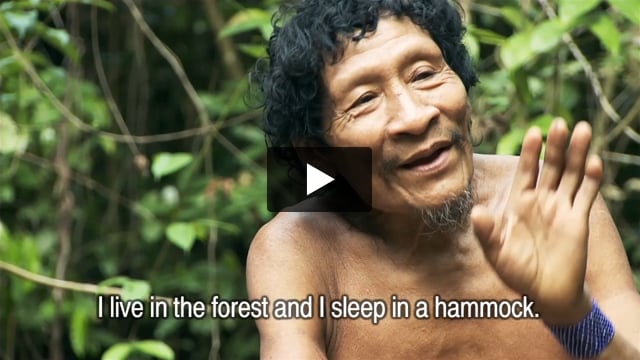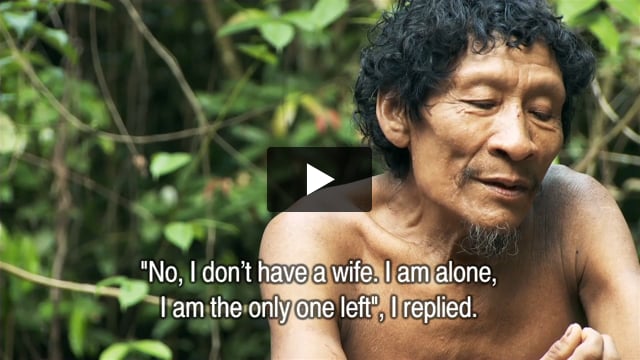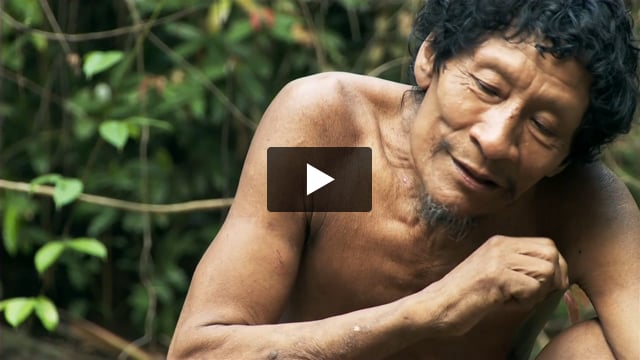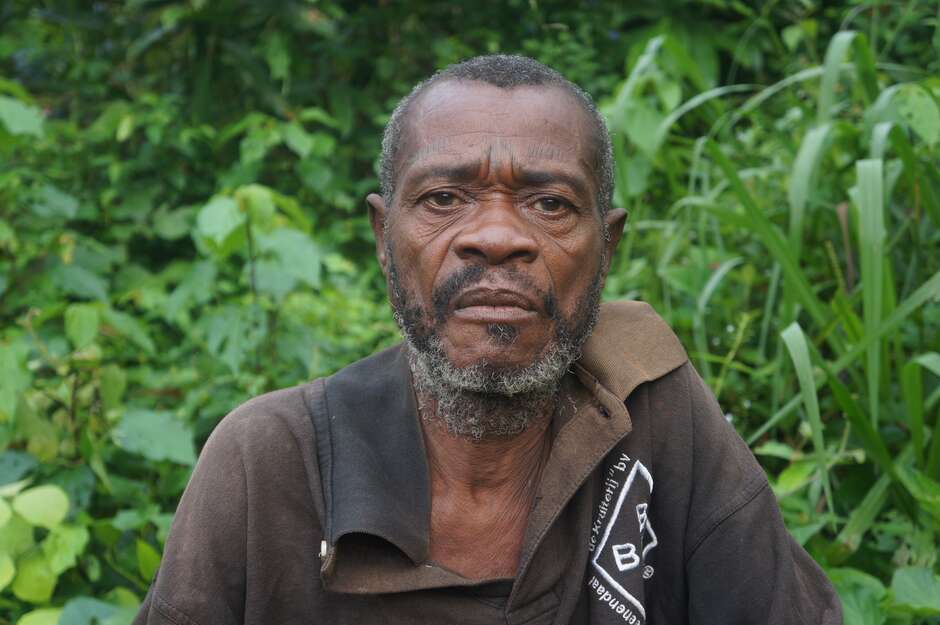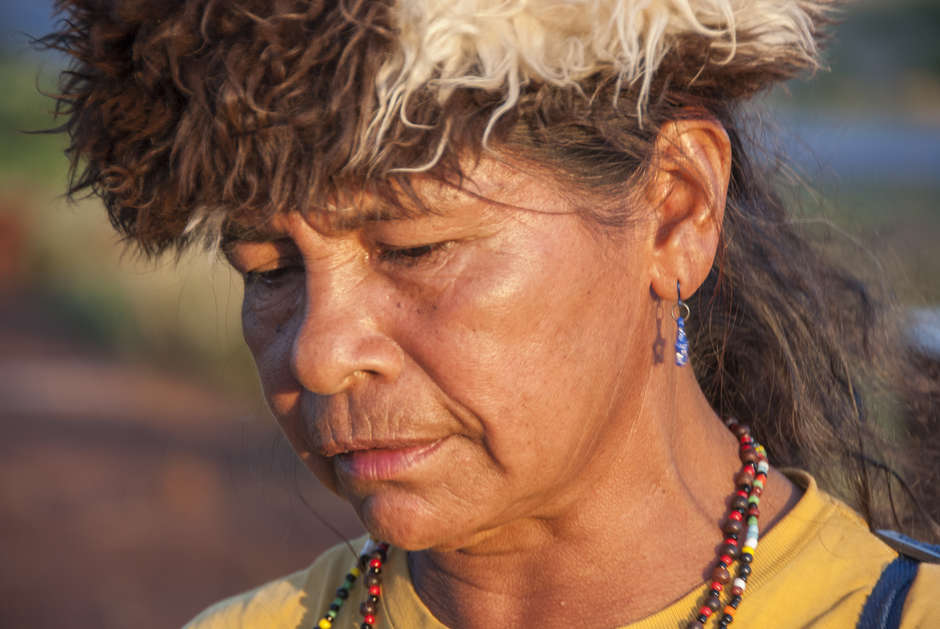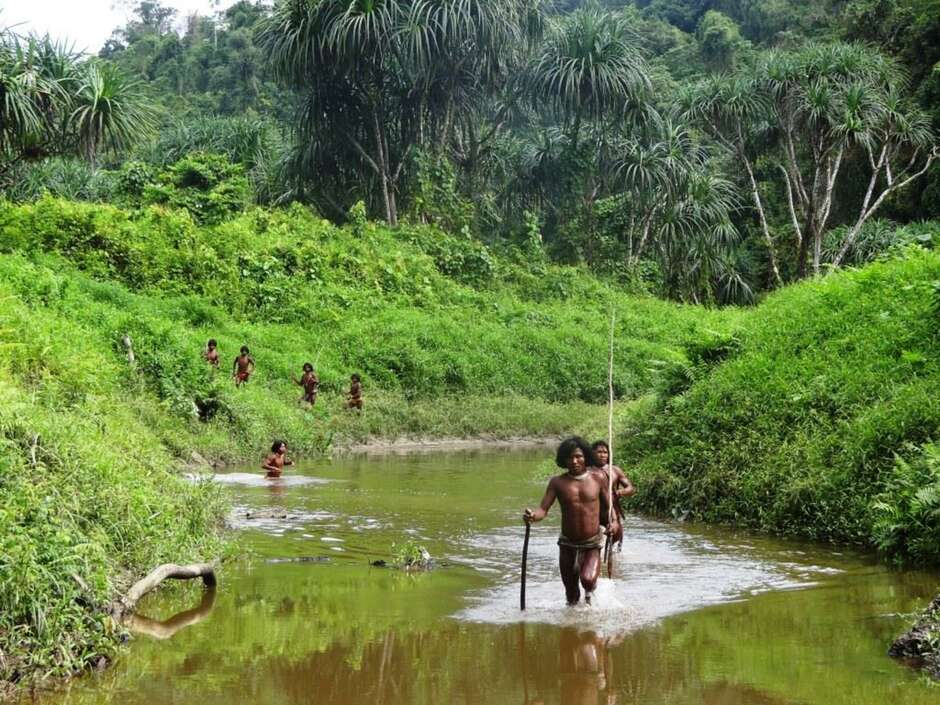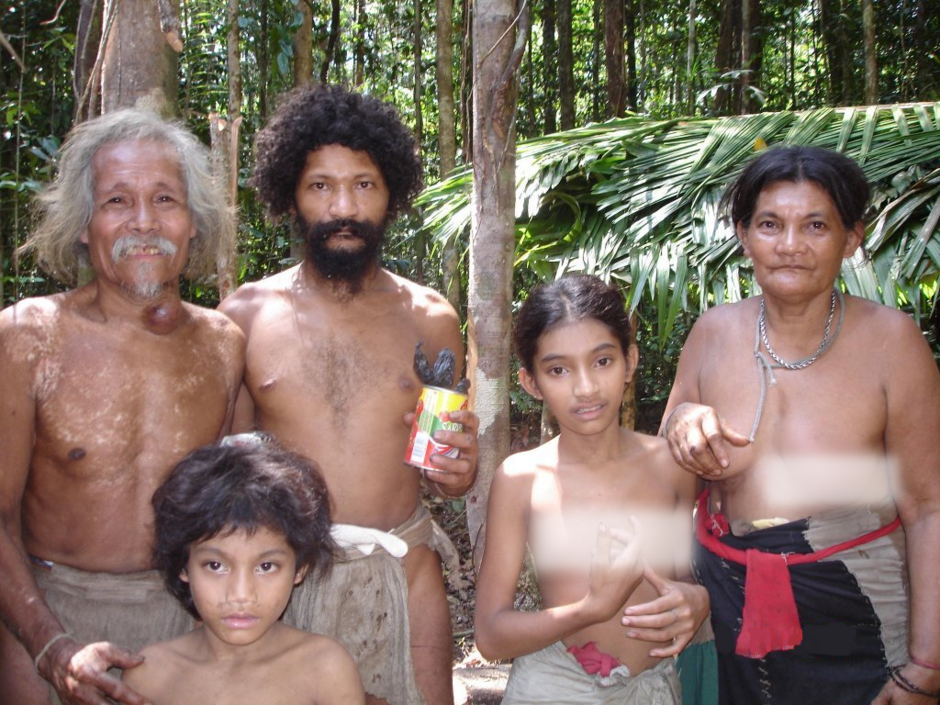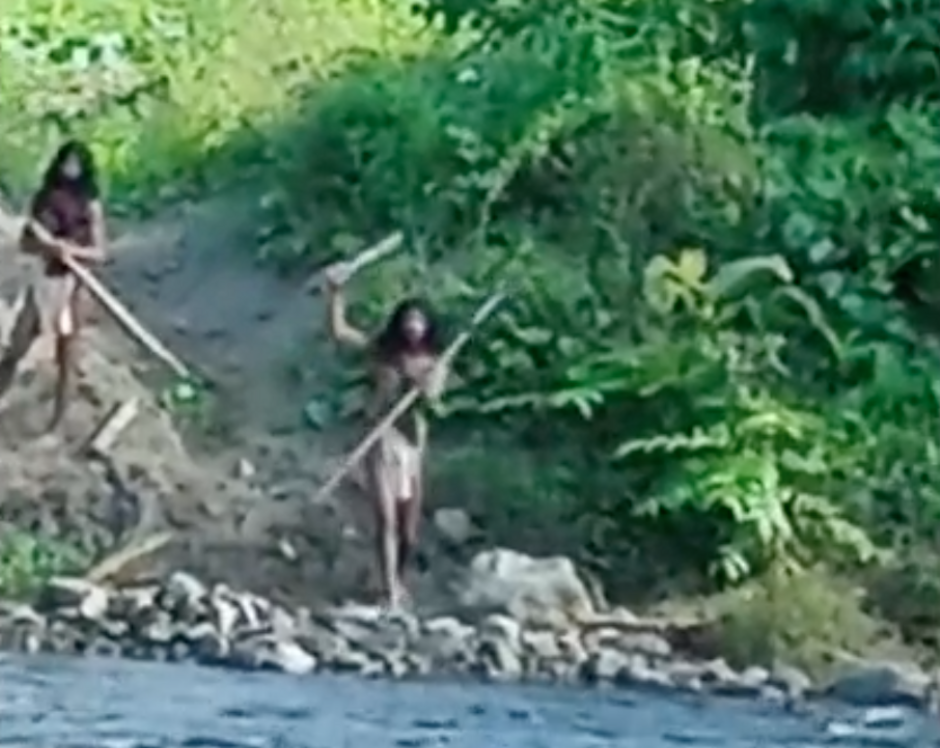Karapiru's unexpected joy
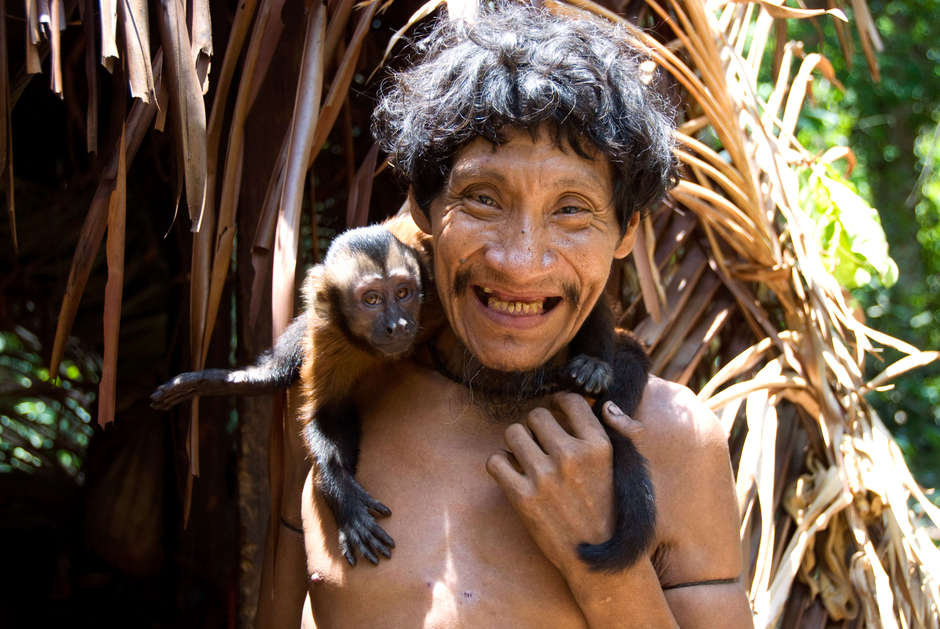
Our second and final instalment of Karapiru’s story : having made contact with outsiders, he can have no idea of the surprise reunion that awaits him.
For a decade, Karapiru was on the run in the Amazon rainforest after witnessing the killing of his family by cattle ranchers.
He had survived by eating honey and small Amazonian birds: parakeet, dove and the red-bellied thrush. At night, when howler monkeys called from the canopy, he slept high in the boughs of copaiba trees, among the orchids.
He walked for miles across the forested hills and plains of Maranhão state, and the broad rivers that flow into the Atlantic, before a farmer found him walking on the outskirts of a remote town, carrying a machete, a bottle of water and a chunk of smoked wild pig. He was traumatised and starving.
The farmer gave him shelter in return for chores, and provided him with food he had never eaten before – manioc, rice, flour and coffee, for which Karapiru developed a taste. ‘It was tasty! I had more and more – it is good!’ He discovered a little about the ways of the karai – the white man – learning that his hosts kept cattle and slept in a bed, which he found extremely uncomfortable.
Once news spread that a lone Indian had emerged from the rainforest, an anthropologist visited him. Karapiru tried to recount his story, telling the anthropologist that he had seen his family brutally cut down; that he had spent a decade in silence and that he was now the only one of his people left.
But there was a problem: the anthropologist couldn’t understand the language he spoke. Believing it to be part of the Tupi language group, he thought Karapiru might be a member of the Avá Canoeiro tribe so officials from FUNAI, the government Indian affairs department, sent Karapiru to Brasilia.
There he was introduced to Avá Canoeiro speakers, in the hope they would be able to understand each other. They couldn’t. So in a final attempt to communicate with Karapiru, FUNAI sent a young Awá man called Xiramuku to talk to the man who had become known as the ‘unknown’ Indian.
The meeting with Xiramuku was one Karapiru could never have imagined during his decade of grief and solitude. Not only could Xiramuku understand Karapiru’s language, but he used one specific Awá word that instantly transformed Karapiru’s life: he called him ‘Father’. The man standing in front of Karapiru, talking to him in his mother tongue, was his son.
Xiramuku persuaded his father to leave the farmer’s house and live with him in an Awá village. After years of isolation, Karapiru once more led an Awá way of life: eating peccary hunted in the rainforest, sleeping in a hammock and keeping monkeys as pets.
Karapiru then remarried, had more children and lived with his relatives Awá village of Tiracambu. ‘I feel good here with the other Awá,’ he said, ‘I found my son after many years. I recognised my son, which made me very happy.’
This extraordinary survival story shows how resilient and adaptable the Awá tribe is. Their problems, however, are not confined to the past. Armed ranchers and criminal logging gangs – together with the grisly help of hired guns, called pistoleiros – are once again shooting the Awá on sight. ‘The invasions of white people in Awá territory is not good,’ says Karapiru. ‘We don’t like it. After what happened to me, I try and hide from them.’ Death is the usual price of Indigenous resistance to invaders.
Their forests are being destroyed at an alarming pace. ‘Satellite images reveal that vast areas of forest in the Awá territories have been destroyed, despite the land having been legally recognised,’ says Fiona Watson of Survival International.
The land they call Harakwá – ‘our place’ – is beginning to take on the appearance of a post-apocalyptic wasteland. Ancient trees are burned day and night to sell wood and clear land for cattle pasture. ‘If you destroy the forest, you destroy the Awá too,’ said one Awá man.
The Carajás train – whose 2 kms long cargo wagons rattle day and night along the boiling tracks, carrying thousands of tons of iron ore – frightens away the already scarce game on which the Awá survive. ‘The loggers are destroying our land,’ Pire’i Ma’a, an Awá man, told Fiona Watson recently. ‘Monkeys, peccaries and tapir are all running away. Everything is dying. We are all going to go hungry. We are not finding any game, because the white people use guns and kill all the game.’
In 2012, Survival launched an urgent campaign to protect the lives and lands of the Awá, with the backing of actor Colin Firth, who said, ‘The Awá’s forest is being illegally cut for timber. When the loggers see them, they kill them. Their bows and arrows are no match for guns. And at any other time in history, that’s where it would end. Another people wiped off the face of the earth, forever. But we’re going to make sure the world doesn’t let that happen.’ Two years later, in April 2014, Survival, the Awá and their supporters celebrated as the campaign scored an unprecedented victory when the Brazilian government sent in troops to expel the illegal loggers from Awá land.
For Karapiru, memories are still extremely painful. ‘There are times when I don’t like to remember all that happened to me,’ he says. ‘The people who did that to me were very bad men.’ He is now extremely concerned for his daughter’s future. ‘I hope the same things that happened to me won’t happen to my daughter,’ he says. ‘I hope she will eat lots of game, lots of fish, and grow up to be healthy. I hope it won’t be like in my time.’
On 16 July 2021, Karapiru died from COVID. Read his obituary here.
If you want to help fight the atrocities that blighted Karapiru’s life, please join the campaign to #StopBrazilsGenocide. We know Karapiru wanted as many non-Indigenous allies as possible to help his people stop the death and destruction.

